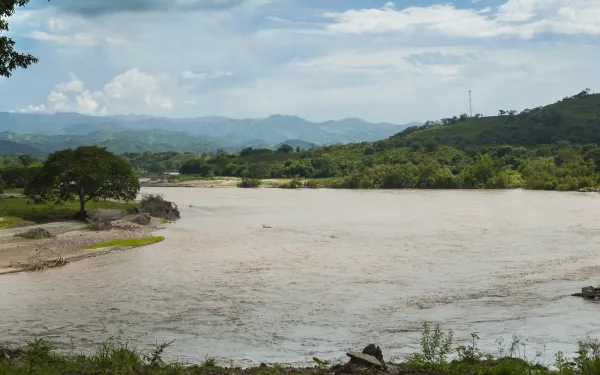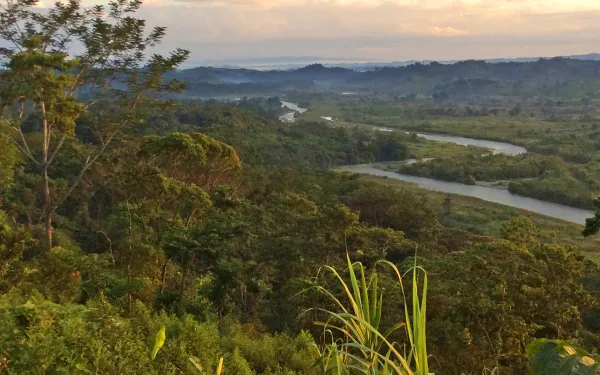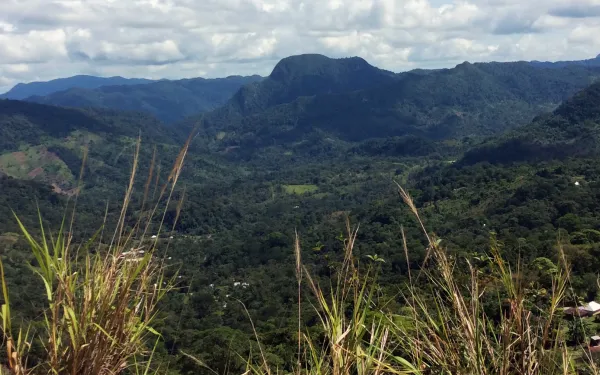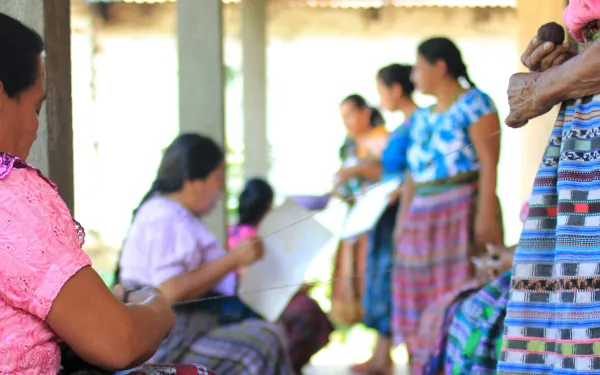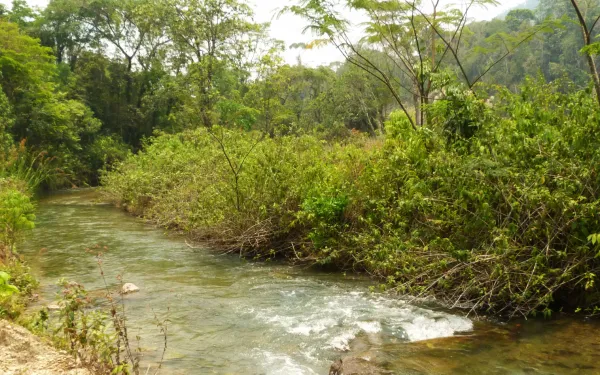
Protecting the Environment Through Collaboration: A Community Science Experience
When environmental damage occurs, the first warning often comes from the people or communities directly affected. Residents living near a river are usually the first to notice waste being dumped or fish dying when the water is polluted. Similarly, who live near an open pit mine are the who see when illness becomes more common or when water begins to run scarce.One powerful way to turn lived experience into scientific evidence is through community science. This approach allows people to share, validate, and integrate local knowledge into scientific research and efforts to defend their territories.At AIDA, we believe in the power of science to advance environmental justice. That’s why we generate and apply scientific knowledge in the legal cases we support. Recently, we had the opportunity to take part in a community science initiative that helped us reflect on—and learn from—the value of this collaborative methodology and the shared knowledge it produces. Local Knowledge: A Powerful Response to Environmental Degradation In April 2024, at the request of the Poqomam Maya community of Santa Cruz Chinautla—a village near Guatemala’s capital—AIDA senior scientist Javier Oviedo and attorney Bryslie Cifuentes carried out a field visit to gather information and assess the solid waste pollution that has affected the community for years.One of their main objectives was to identify illegal dump sites on the banks of the Chinautla River. The disposal of waste and debris in this area has contaminated both the soil and waters of this tributary of the Motagua River, the longest river in Guatemala.While preparing for the trip, Javier realized the team would face several challenges. The time available would not be enough to collect all the necessary data, and the team’s limited familiarity with the area could make locating the dumpsites difficult and potentially unsafe.Then Javier had an idea: to involve members of the community in supporting the team with this task.His plan made perfect sense—after all, who better to locate the illegal dumpsites than the people who know the territory best? Beyond that, by witnessing the impacts of pollution firsthand, community members could also appreciate the importance of documenting these issues.I spoke with Javier about how this idea came about, and he shared the following: Beyond seeking support from community members, this approach was rooted in a recognition of the irreplaceable value of their knowledge as residents of their territory. How the Work Was Carried Out Javier’s idea was that, with the help of an accessible and easy-to-use mobile app, community members could send information about illegal landfills directly to the AIDA Science team, who would then validate and analyze the data.To make this possible, the team designed a form specifying the data they needed to collect: the location of the landfill, its dimensions, the type of waste identified, associated social issues, and other relevant details.In Chinautla, two community residents, along with authorities from the Poqomam Maya village, visited several landfills they had previously identified with Javier and Bryslie. During these visits, Javier showed them how to use the app and fill out the form. Later, one of the residents continued the process independently.Thanks to this collaborative effort, data was collected on 10 of the most critical illegal dumpsites. While this does not capture all of them—unfortunately, many more exist—this sample allowed the team to estimate the extent of waste and debris pollution in the community and to illustrate how poor management has exacerbated the problem.The information gathered was crucial in highlighting the severity of the pollution, demonstrating the continued use of illegal dumping, and exposing the municipal authorities’ failure to meet their legal obligations regarding waste management.This evidence formed the basis for the lawsuit the community filed against the municipality of Chinautla in October 2024, citing the lack of measures to address river and soil contamination caused by inadequate waste management and illegal landfills. In June 2025, an appeals court ordered the municipality to take action to address the serious environmental crisis affecting the community. Lessons Learned from the Experience According to Javier, involving the people of Chinautla in a knowledge-building process led to mutual learning.For community members, it meant acquiring new technological skills. For the AIDA team, it prompted new questions about how to move knowledge-sharing with a community beyond simple collaboration.Javier summarized his learnings in three points: At AIDA, science is a core part of our work and a key element of the strategic litigation we pursue to protect and defend a healthy environment across Latin America. Involving the communities we support in this process broadens our perspective, allowing us to integrate their knowledge and experiences into the science we seek to build.
Read more
